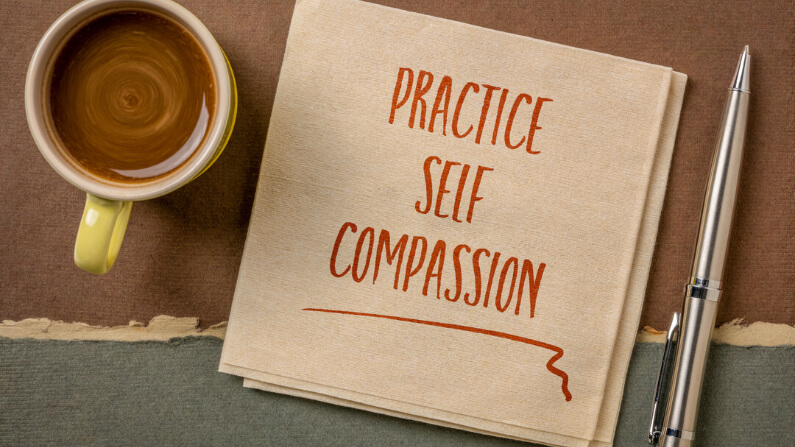Healing from Heartache and Habit.
It warms my heart to see how public understanding of mindfulness and meditation has blossomed recently. It comes as no surprise, given the frenetic rhythm of our daily lives and its toll on our emotional and corporeal well-being. Across communities, there’s a yearning for a return to balance, and it’s heartening to see so many embrace mindfulness and meditation as pathways to tranquillity. Nowadays, the majority have thankfully moved beyond viewing meditation and mindfulness as the exclusive domain of the flower child, surrounded by plumes of incense and lost in deep chants. Yet, there remains room to deepen our knowledge of the nuanced meditation practices that can suit everyone’s unique journey.
Let’s explore the multitude of ways one can engage in meditation.
I’ve spent time learning how meditation and mindfulness can serve as a healing balm for those enduring the aftermath of trauma or the struggle with addiction. Think of guided visualizations and meditations like a kaleidoscope of tools, adaptable and varied, each with its purpose. And as we embrace the notion of quietude, sitting peacefully, we’re invited to explore an array of techniques that align with our personal intentions.
Embracing the Now.
In the Reiki meditations that I teach, we employ various focuses to anchor our minds in the here and now. We may attend to our breath, centre on the Tanden – a vital energy centre in our bodies, register the sensation of our fingertips lightly touching, or attune to a chosen sound. These practices beckon us to savour the present, refine our mindfulness, and heighten our attunement to our physical form, our streams of thought, and our emotional currents. When you manage to anchor yourself in the now, you free yourself from the shadows of the past and the worries for the future, opening a sanctuary for innovation, creativity, and problem-solving. Remember those moments when a forgotten word returns only when your efforts to chase it cease? Presence offers such clarity, rejuvenating the mind and inviting in new potential.
Addressing Persistent Thoughts.
Our minds are designed to weave thoughts; they are the byproduct of an intricate system, recalling past events to assess the now and forecast what’s ahead. It’s on this cognition our learning and survival rests. To be engrossed in the moment, while idyllic, doesn’t always come instinctively. As we strive for such presentness, it’s important to forgive ourselves when happiness eludes us or when we slip from the moment’s grasp. Our meditative practices are gifts to ourselves, intended to enrich, not erode, our inner peace.

Contemplation for Healing and Liberation.
Another meditative approach gently invites us to be observers, to sit with purpose but without agenda. Here, rather than chasing presence, we let thoughts ebb and flow without assigning them truth or consequence. This mode is especially grounding when healing from trauma or addiction, where thoughts can pummel relentlessly through our consciousness. Allowing space for these thoughts and emotions to sift through us can lead to a serener state of being.
Learning to perceive without judgment nurtures compassion from within and fosters self-empathy. For those wrestling with deep-seated feelings of inadequacy, guilt, or shame that arise from their traumas or addictions, this practice offers a tender confrontation with these thoughts – easing them out without censure. At the same time, we learn to let go of cravings, understand their fleeting nature, and find solace in knowing that this, too, shall pass.
Embrace Mastery Over Mind and Body.
Delving into meditation fosters an ever-deepening appreciation for the sovereignty we hold over our thoughts and bodily sensations. Cultivating this mastery is pivotal in the journey of recovery from injuries of the heart and battles with dependence.
Seeking Equilibrium.
Weaving both meditative strands into the fabric of our daily lives can yield rich rewards for those in healing and beyond. I can personally attest to the challenge of remaining centred amid a whirlwind of thought. Granting myself a precious ten-minute span to simply witness my thoughts before delving into a presence-centred meditation serves as a profound aid. Integrating this allowance for contemplation within our meditation practice can significantly enhance our capacity to dwell in the moment when needed.
Setting Your Intention.
Ultimately, meditation is an intimate venture, each individual purpose moulding its practice. As you step forward, consider your intention and shape your meditation to honour and fulfil it, thereby embarking on a path of profound personal metamorphosis.




0 Comments